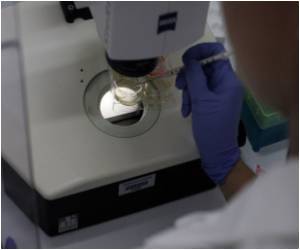
NIAMS Director Stephen I. Katz said, "We now know more about the genetics of autoimmune diseases and knowledge of the genetic risk factors helps them assess a person's susceptibility to disease. With further research on the associated biological mechanisms, it could eventually enable physicians to tailor treatments to each individual."
The research team began by searching for SEs in T cells, immune cells known to play an important role in rheumatoid arthritis. Researchers reasoned that SEs could serve as signposts to steer them toward potential genetic risk factors for the disease.
Senior author John J. O'Shea's said, "Rather than starting off by looking at genes that we already knew were important in T cells, we took an unbiased approach. From the locations of their super-enhancers, T cells are telling us where in the genome these cells invest their assets, their key proteins, and thereby where we are most likely to find genetic alterations that confer disease susceptibility."
Using genomic techniques, the research team combed the T cell genome for regions that are particularly accessible to proteins, a hallmark of DNA segments that carry SEs. Further analysis showed that they largely control the activities of genes that encode cytokine and cytokine receptors. These types of molecules are important for functioning of T cell because they enable them to communicate with other cells and to mount an immune response.
When the scientists exposed human T cells to tofacitinib, a drug used to treat the disease, the activities of genes controlled by SEs were profoundly affected compared to other genes without SEs. The results suggest that tofacitinib may bring about its therapeutic effects in part by acting on SEs to alter the activities of important T cell genes.
Advertisement
Source-Medindia













